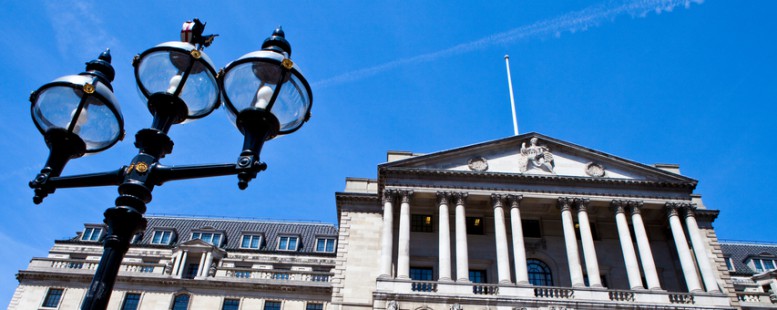Our Opinion: 2017
Is the UK stock market surge about to slow?

What a start to the new year. Britain’s blue-chip index, the FTSE 100, hurtled to a new record high above 7,200 on the first trading day after the holiday. That crowned a 14% jump in 2016, a better showing than any of the major continental indices. It included a near- 20% increase since the Brexit vote in late June.
It should, however, also be noted that the market is only marginally above the index’s level in late 1999, the dotcom-era peak. So, hardly stellar growth over a 17-year period, thanks to two huge bear markets.
So what next?
Forecasts are never reliable, but that doesn’t stop strategists having a go at short-term predictions. This year they have been so cautious with their 12-month predictions that the average forecast for December 2017 has already been eclipsed! And it’s only January.
A recent survey of 22 investment banks and other financial services providers by UK.Investing.com produced an average predicted year-end level of 7,015 (based on a range of 6,200 from Anthilia Capital Partners to 7,650 from Lex van Dam Trading Academy).
Another one by The Sunday Times, which surveyed five other asset managers and financial service groups, pointed to an average of 7,240.
A repeat of last year’s stellar performance looks unlikely. The index is largely immune to worries about the impact of Brexit. Indeed, it has benefited from them. The key driver is Sterling, which at one stage last year had lost 15% of its trade-weighted value (against a basket of major trading partners’ currencies).
As the FTSE 100’s constituents make more than 70% of their sales abroad, and many report in Dollars, a weak Pound and a strong greenback are a boon. The commodities recovery, particularly the oil-price bounce, has also helped. This is due to the index’s unusually heavy exposure to raw materials thanks to the inclusion of BP, Shell, and the big miners.
These factors, however, have surely been priced in by now. A further big boost from the pound sliding is unlikely.
The global environment will be crucial. The eurozone crisis could well flare up again in 2017, especially if the far-right wins the presidency in France. Roger Bootle at Capital Economics recently said that “if the markets seriously come to doubt the integrity of the eurozone, then the euro may fall sharply and the pound/euro rate could rise significantly.
Markets will also be watching Donald Trump’s first moves. The stimulus he has promised to the US economy is likely to disappoint, because of the cautious nature of Congress. There is also the risk of catastrophic damage should he go through with his threats to tear up the global trading system.
Our view for 2017 is that the best way of investing in the UK is to prioritise defensive dividends. That is, companies that offer an attractive income, are backed by sound company fundamentals, and come from firms with high exposure to international areas, across a broad range of sectors.
13th January 2017
